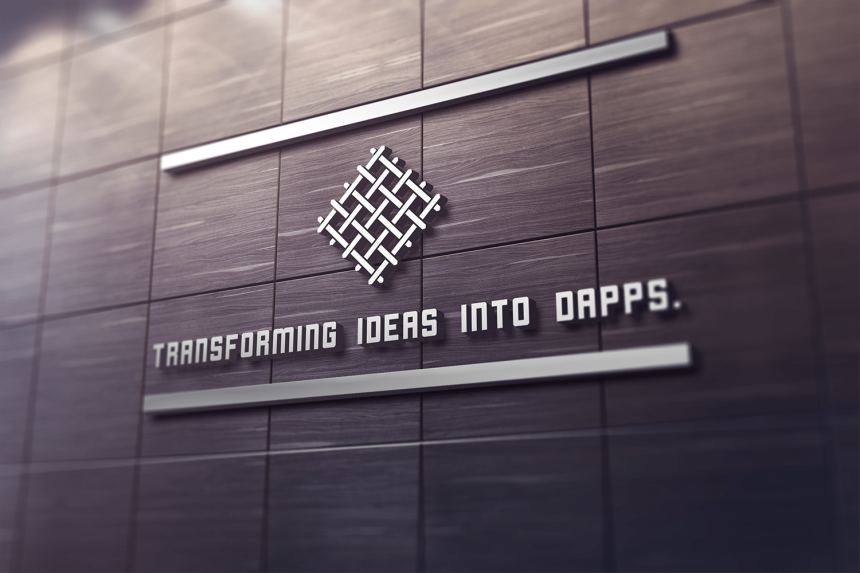The use of blockchain technology is increasing rapidly across industries. Thanks to the cryptocurrency technology’s ability to create an efficient, secure and fool-proof system with room for automation. However, a glimpse at the entire ecosystem and the adoption rate, one can easily spot the challenges that are currently being faced by various organizations when it comes to development and implementation of decentralized ledger and its associated smart contracts capabilities into their operations and processes.
One of the main challenge being lack of expertise in the development of blockchain-based applications, which are better known as decentralized applications or DApps. There are only a handful of developers, who are proficient in the technology and given the demand, they tend to charge a lot for their services. At present, only large companies with deep pockets can afford such services, leaving small and medium enterprises and individuals behind. Even if someone is willing to learn and build DApps, the existing development environments are so cumbersome to use, that they end up being more confused than succeeding in their mission.
At the time when the blockchain and decentralized applications are becoming the next step in the technology evolution, it is imperative for the creators of blockchain protocols and ecosystems to provide user-friendly and easy to understand solutions which can be adopted by anyone, irrespective of their technical background. Such solutions are already available for legacy platforms, but not in the blockchain environment, at least until now.
Fabric Token (FT), a blockchain project has recognized the need for such easy to use solution to make decentralized applications available to everyone. In order to make it a reality, they have come up with an ecosystem which makes building DApps from scratch a walk in the park. The platform makes use of a tried and tested approach in the cryptocurrency sphere to create a DApps development environment with easy to use interfaces, with which individuals can create their own smart contracts and applications over blockchain.
In simple words, the Fabric Token platform offers a solution which is akin to WYSIWYG development tools that make building websites as easy as dragging and dropping various elements. However, the functions of the Fabric Token ecosystem are much more complicated than that as it is designed to enable users to create full-fledged DApps in a simple way, while providing an option to further customize the underlying smart contracts to suit their needs. In order to make it a reality and build an entire ecosystem around it, the Fabric Token will be sold in a crowdsale, set to begin on February 15th, 2018.
By the way of offering such a solution, the FT project aims to drive widespread blockchain adoption as Fabric Token is designed not just to accommodate complex systems but also the simplest ones that are used by everyone, every day.
The holistic Fabric Token system is composed of 4 major parts, which include TokenGen – a simple web application for smart contract generation, which can be readily used to create custom tokens and crowdsale code to run an ICO. TokenGen is supplemented by DApp Workbench, which provides the environment for businesses of any size to easily create decentralized applications without the inherent need for programming knowledge.
Now, what is the use of creating a DApp if it can’t be put to use? The BPMN compatibility of DApp Workbench allows the creators of smart contracts to readily incorporate them into existing Business Process Models and BMPN compatible tools to introduce blockchain into regular business operations.
These solutions are fueled by the platform’s own Fabric Token which acts as a medium of value exchange against services within the ecosystem. The value of Fabric Tokens will be tied directly to the overall performance and growth of the Fabric Token ecosystem, rather than other factors that are known to influence other cryptocurrencies in the market. Meanwhile, the Fabric Store enables monetization of products and services built over the platform by providing a place to buy and sell smart contract components, DApps and more against FT cryptocurrency.
Once the Fabric Token ecosystem is fully functional, it is expected to drive blockchain adoption to new levels. Those who are interested to play a role in the inevitable blockchain revolution can do so by taking part in the upcoming crowdsale.
More information about the Fabric Token project is available at – https://fabrictoken.io/
